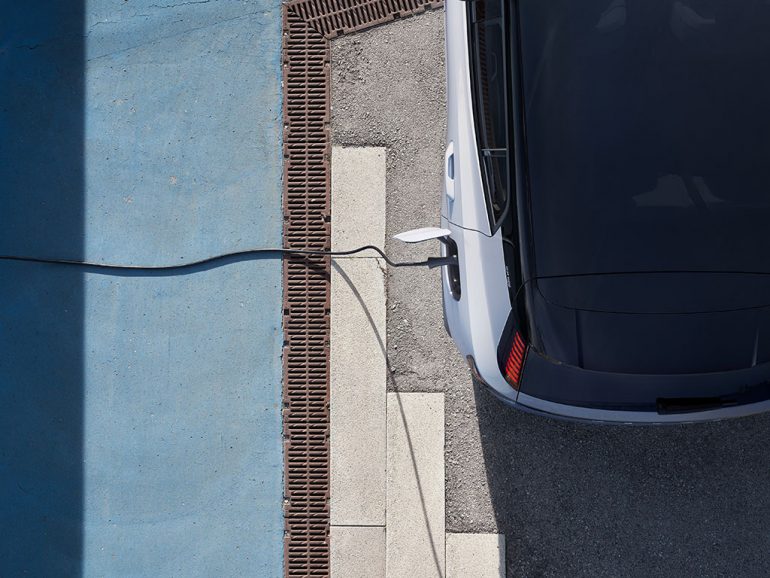
In the rapidly evolving landscape of electric vehicle (EV) technology, the race for faster charging and more efficient batteries is heating up. One of the prominent contenders in this race is StoreDot, an Israeli battery developer, which has made ambitious promises of delivering 100 miles of range in just five minutes of charging. While this claim may sound revolutionary, it’s important to acknowledge that other battery technologies are also in the running to transform the EV market.
StoreDot’s approach hinges on proprietary silicon-dominant anode technology and sophisticated software. This combination allows for not only blazing-fast charging but also minimizes battery degradation over numerous charging cycles. Their goal is to make this technology production-ready by 2024. However, StoreDot is not alone in its pursuit of game-changing battery advancements.
Automakers, like Volvo, are eagerly collaborating with companies like StoreDot to integrate these breakthroughs into their vehicles. If successful, they could gain a significant edge in the fiercely competitive EV market, boasting faster charging times, reduced battery weight, and enhanced battery durability over many recharge cycles.
The collaboration between StoreDot and Volvo is progressing rapidly. They are currently developing B-sample cells for Volvo’s next-generation electric vehicles, with plans to deliver their fast-charging technology for real-world testing to Volvo by 2024. While the timeline for incorporating StoreDot’s technology into Volvo’s production cars remains unclear, industry estimates suggest that we could see their innovative battery cells in production vehicles as early as 2025.
However, there is a crucial challenge on the horizon – scaling up production. Transitioning from producing batteries for prototypes to meeting the demands of mass production is a significant undertaking. As automakers rush to electrify their fleets, battery manufacturers must also ramp up their capabilities to meet the surging demand.
StoreDot’s XFC (extreme fast charging) batteries are in a race against their own solid-state battery compositions. StoreDot anticipates that solid-state batteries, which offer even faster charging speeds, will hit the market around 2028. This development could potentially overshadow the XFC batteries and set the stage for a new analogy: the CPU race of the 1990s.
While the promise of 100 miles of range in five minutes of charging is enticing, it’s essential to remember that achieving this speed relies not only on battery capacity but also on charging infrastructure. Such lightning-fast charging may not be readily accessible at home garages or many existing charging stations.
StoreDot is also aware of the challenges related to battery deterioration at high charging speeds. According to earlier testing, their batteries retained 80% of their capacity after 1300 consecutive XFC charging cycles, surpassing the long-term performance of many other EVs available today.
As we look ahead, the second half of this decade could see rapid advancements in charging speeds becoming commonplace, whether through technologies like StoreDot’s XFC or solid-state designs. This inevitable progress may leave current EV owners feeling that their vehicles have become as outdated as early 1990s computers by the same period.
In this ever-accelerating race, EV battery developers are striving to not only meet but exceed the growing expectations of the market, promising a future where electric vehicles are faster to charge, lighter, and more efficient than ever before.
Source: AutoWeek

Mike Floyd is a finance executive by trade and a car enthusiast at heart. As a CFO with a keen eye for detail and strategy, Mike brings his analytical mindset to the automotive world, uncovering fresh insights and unique perspectives that go beyond the surface. His passion for cars—especially his favorite, the Porsche 911, fuels his contributions to Automotive Addicts, where he blends a love for performance and design with his professional precision. Whether he’s breaking down industry trends or spotlighting emerging innovations, Mike helps keep the site both sharp and forward-thinking.